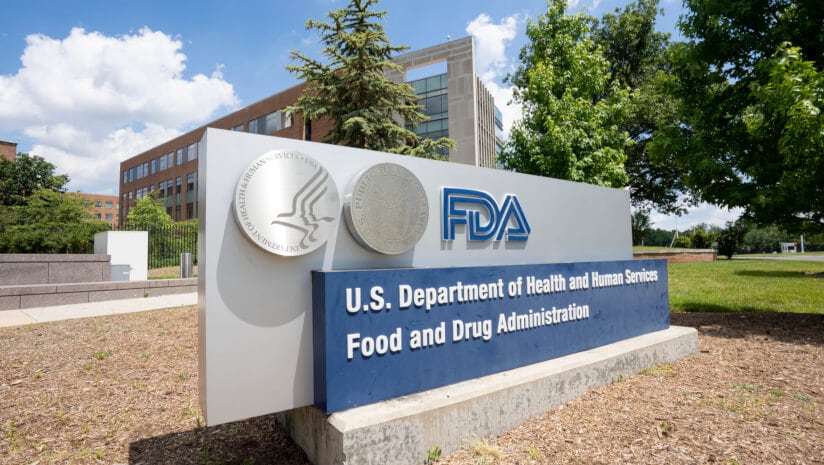The Food and Drug Administration continued its work on reforming the US food system this week, announcing three important dates on ultra-processed foods, petroleum-based food dyes and food allergens.
Ultra-processed foods defined
FDA extended the comment period by 30 days for the request for information on ultra-processed foods on Thursday, giving interested parties until Oct. 23 to submit comments.
Comments can be submitted to the Federal eRulemaking Portal at FDA-2025-N-1793.
Health and Human Services Secretary Robert F Kennedy, Jr. has targeted ultra-processed foods and has promised to establish a federal definition for UPFs.
HHS’s recently released Make American Children Healthy Again report promised to further study UPFs and develop a federal definition to guide research and public policy.
Critics have argued that defining UPFs could disrupt development of food products, the supply chain and access to affordable nutrition.
Orange B dye ban
FDA also is accepting public comments on its plan to revoke the regulation authorizing the use of Orange B food dye .
The public has until Oct. 16 to submit comments to the docket FDA-2025-C-3543. The move to ban Orange B Dye, which has not been used in the US food supply for decades, follows plans to ban Red Dye No 3 early next year. HHS is encouraging companies to phase out six other colors – Green Dye No 3, Red Dye No 40, Yellow Dyes No 5 and 6, and Blue Dyes No 1 and 2 – by the end of 2026.
“Today’s action accompanies other recent steps, including posting a tracker of voluntary industry commitments to remove petroleum-based food dyes in products sold in schools by the start of the 2026 school year and more broadly by 2027,” the FDA said.
Food allergen thresholds
FDA is holding a public meeting and two listening sessions on food allergen thresholds to improve food safety.
“Recent scientific developments in food allergen thresholds have prompted the FDA to explore how these thresholds can improve food safety, enhance labeling practices and help consumers make more informed choices,” FDA said. “The purpose of the public meeting and listening sessions is to discuss strategies for approaching food allergen thresholds to benefit public health.”
The virtual public meeting, scheduled for Nov. 18, and the listening session on Nov. 19 and 20, will include presentations to provide background on food allergens and risk-based food allergen thresholds.
Participants are invited to provide feedback at the listening sessions on risk-based food allergen threshold concepts, risk communications and labeling, potential applications for food allergen thresholds and challenges with food allergen thresholds.
Participants must register for the listening sessions by Nov. 3. Participation is limited.




